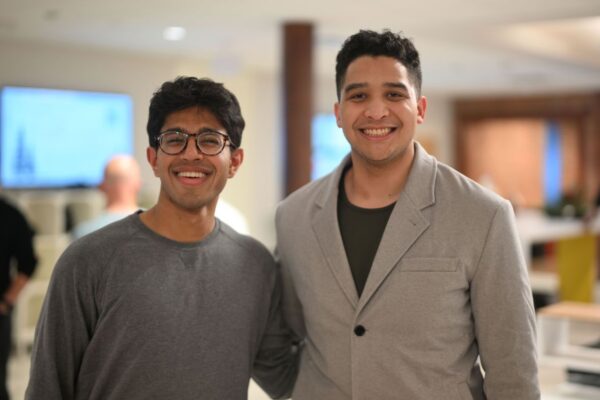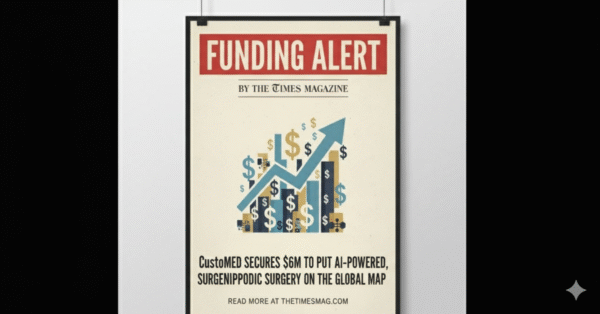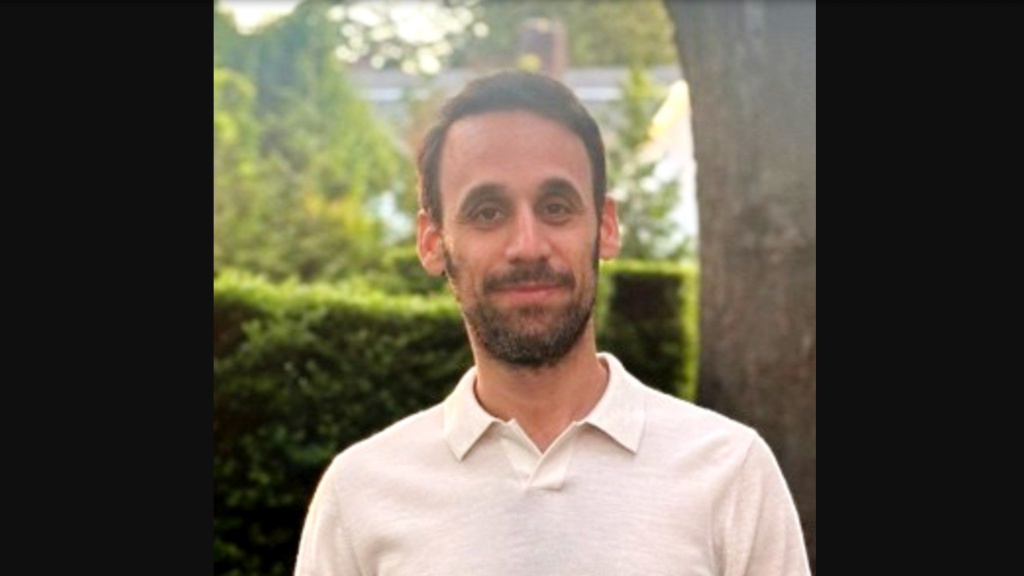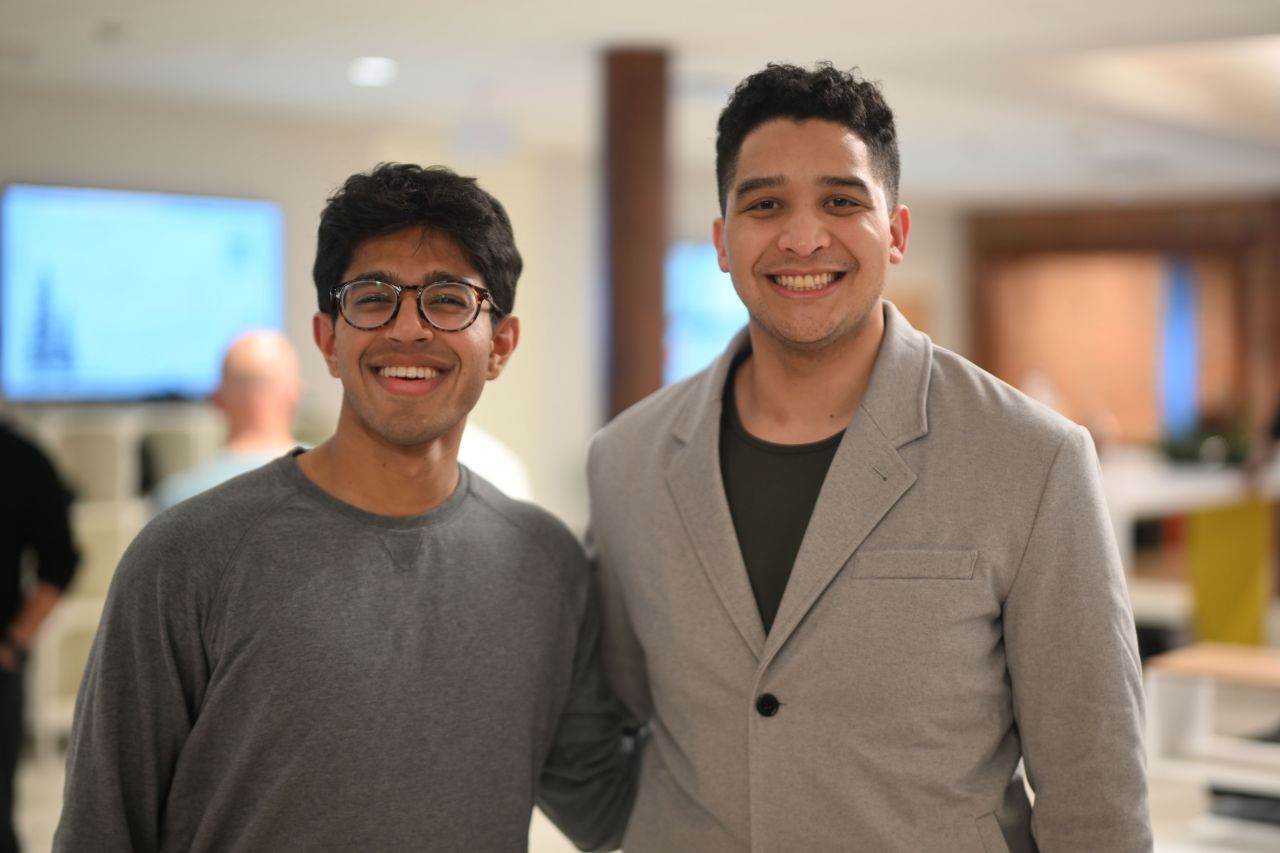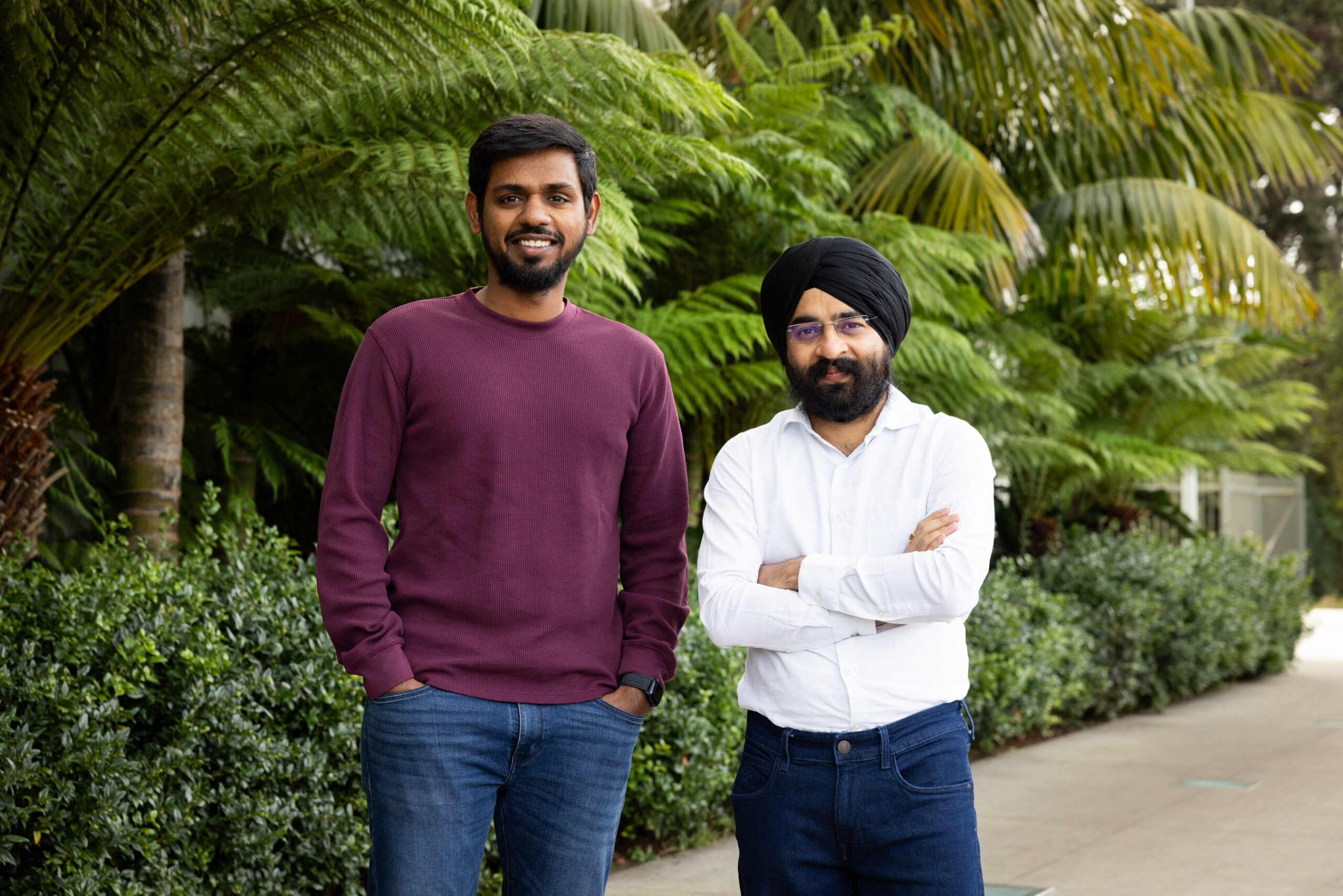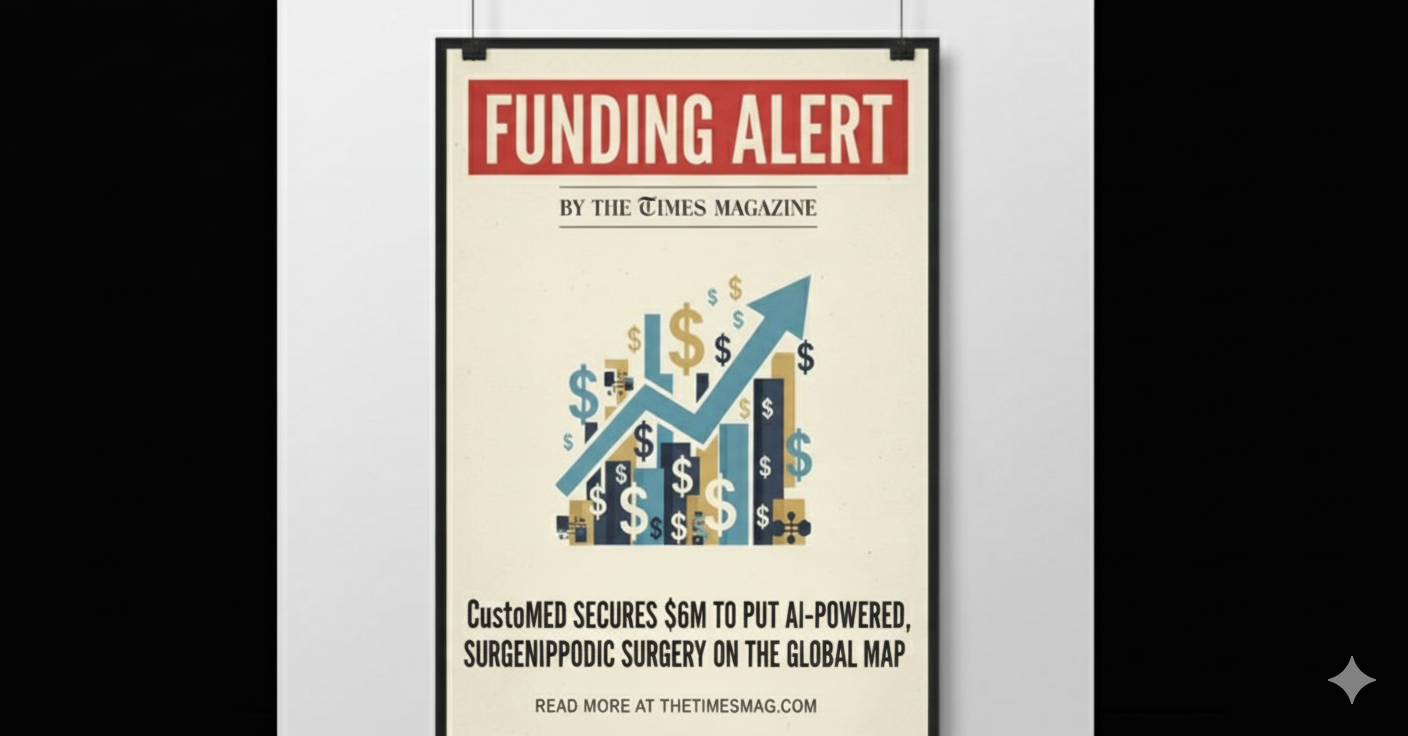In a decisive move to address the growing adolescent mental health crisis, New York-based startup Marble has raised $15.5 million in Series A funding. The round was led by Costanoa Ventures, with participation from Town Hall Ventures and Khosla Ventures.
Founded by Jake Sussman and Dan Ross, former co-founders of Headway—one of the largest adult mental health platforms in the U.S.—Marble is reengineering how therapy reaches teenagers. Instead of relying on overloaded clinics and long waitlists, Marble brings licensed therapists directly into schools, where early intervention is most critical.
Since launching last year, the company has delivered over 15,000 therapy sessions to students who would otherwise face months-long delays or complete lack of access—particularly those on Medicaid. Marble’s model relies on strategic integration with school systems, insurers, and families, enabling what CEO Jake Sussman calls “a new infrastructure layer” for youth mental health.
“In my time teaching at a low-income charter school in Brooklyn, I saw students in crisis left waiting for help, while school counselors scrambled to find support that just wasn’t there,” said Sussman, now CEO of Marble. “We built Marble to close that gap—because kids shouldn’t have to wait for help, and schools shouldn’t have to go it alone.”
Unlike traditional telehealth or clinical referral systems, Marble’s approach hinges on embedded collaboration. School counselors, therapists, and parents share real-time insights, while therapists are equipped with tools like an AI scribe and proprietary EHR system—technology that lightens administrative overhead and makes Medicaid billing more accessible for clinicians. Group therapy modules further scale clinician reach without compromising quality.
“What stood out about Marble is that they’ve built a model where schools don’t have to pay a dime—and still get high-quality, timely care for their students,” said Amy Cheetham, Partner at Costanoa. “That kind of access shouldn’t be rare.”
Analysis & Industry Perspective
Marble is entering a space long dominated by fragmented services, overburdened school counselors, and insurance gaps—particularly for Medicaid-covered students. By going straight to the source—the school system—and handling everything from intake to billing, Marble is building what may become the connective tissue of youth mental health infrastructure in the U.S.
But execution will be everything. Scaling nationally means adapting to wildly varied state Medicaid systems, ensuring therapist supply meets surging demand, and proving that digital-first, school-embedded therapy can deliver measurable outcomes.
If Marble succeeds, it won’t just be another mental health startup—it will be the operating system for a new era of adolescent care, one where support shows up where students already are.
If you need further assistance or have any corrections, please reach out to editor@thetimesmag.com.

